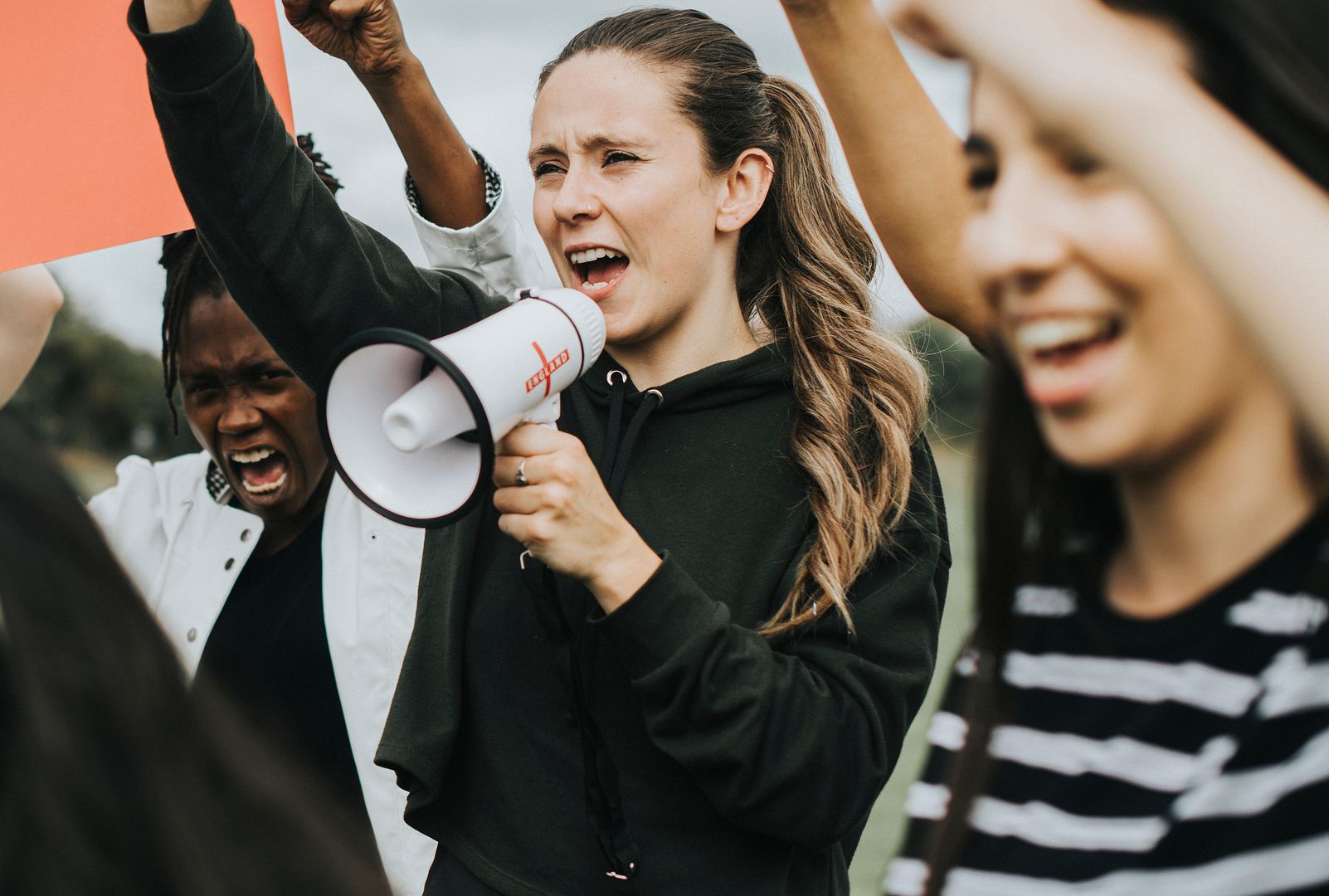Language is a powerful thing. Tom Wolfe, in his rollicking 2016 takedown of Charles Darwin, The Kingdom of Speech, posits that speech, not evolution, is the superpower that put humans at the top of the animal kingdom.
Language is so powerful that the authoritarian government in George Orwell’s dystopian classic, 1984, sought to control the thoughts of the population by limiting their language to government approved “Newspeak.”
We see shades of Orwell in today’s social justice movement in America, which claims speech can be equivalent to violence and shouts down those who disagree.
Noah Rothman of Commentary Magazine takes on the Social Justice Industrial Complex in his recently released book, Unjust: Social Justice and the Unmaking of America. The melding of social justice theory with identity politics creates a toxic stew of grievance and retribution that is damaging political discourse and undermining the principles on which our nation was founded.
Rothman traces the roots of social justice theory all the way to Aristotle’s examination of the nature of justice through Rousseau, Hegel, and Marx to modern thinkers, John Rawls and Robert Nozick.
Social justice as a concept is a slippery one to define. As Rothman paraphrases Libertarian economist Friedrich A. Hayek, “The expression [social justice] is ‘empty and meaningless,’ ‘a quasi-religious belief with no content whatsoever,’ having the potential to lead to ‘the destruction of the indispensable environment in which the traditional moral values alone can flourish, namely personal freedom.’”
Sounds about right. The Left’s social justice warriors’ insistence on being the self-appointed language police certainly makes everyone feel less free to express themselves without fear of offending the oversensitive and inviting their public retribution.
Rothman doesn’t just focus his attention on the left side of the political spectrum. He argues that the 2016 election highlighted the rise of a growing notion of white identity politics on the right that mirrors and mimics the identity politics of the left. “White supremacists and the social justice left use different vocabulary but speak the same language,” Rothman states.
It is the language of victimhood—both sides desire to paint themselves as victims whose efforts to get ahead are thwarted by malevolent forces outside themselves. That is partly why we’ve seen a rise in hate crime hoaxes. (Google “Jussie Smollett” for the latest high profile example.) “Victimhood bestows credentials,” Rothman tells us. “If you reward certain behavior, you get more of it.”
It is time to stop rewarding them. Responsible and historically literate Americans of both parties need to stand up for true justice, stop coddling the campus radicals, expel the bad apples from both sides, and insist on a better form of discourse.
The fight for true justice is too important to allow the loudest voices on both extremes to drown out thoughtful debate on our most pressing problems.


